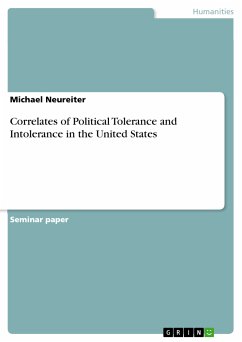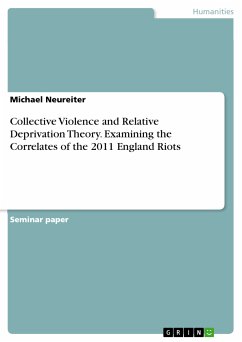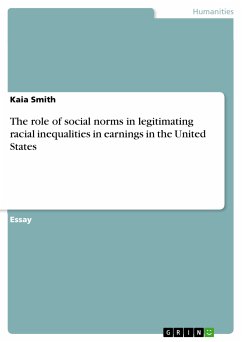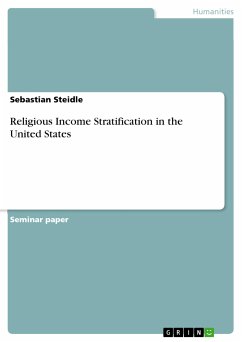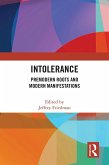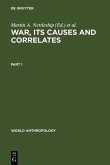Seminar paper from the year 2012 in the subject Sociology - Political Sociology, Majorities, Minorities, grade: 1,0, Eastern Illinois University, language: English, abstract: Scholars have suggested a number of different causes of political tolerance and intolerance. Using data from the 2008 American National Election Studies (ANES), we test seven of the causes frequently mentioned in the literature (age, gender, education, religion, ideology, social capital and perceived threat) while controlling for class and ethnicity. We find that religion, ethnicity and especially ideology explain variation in attitudes toward fringe groups quite well, while class and especially social capital appear to be rather poor predictors of an individual¿s level of tolerance. We also find that of our nine independent variables, only gender affected tolerance levels precisely as predicted. For all other independent variables, the relationship with political tolerance is not entirely in line with the predictions of previous research; in some cases, it is even the complete opposite. Thus, our results partially challenge the findings of previous studies and demonstrate the need for further research on political tolerance.
Dieser Download kann aus rechtlichen Gründen nur mit Rechnungsadresse in A, B, BG, CY, CZ, D, DK, EW, E, FIN, F, GR, HR, H, IRL, I, LT, L, LR, M, NL, PL, P, R, S, SLO, SK ausgeliefert werden.

